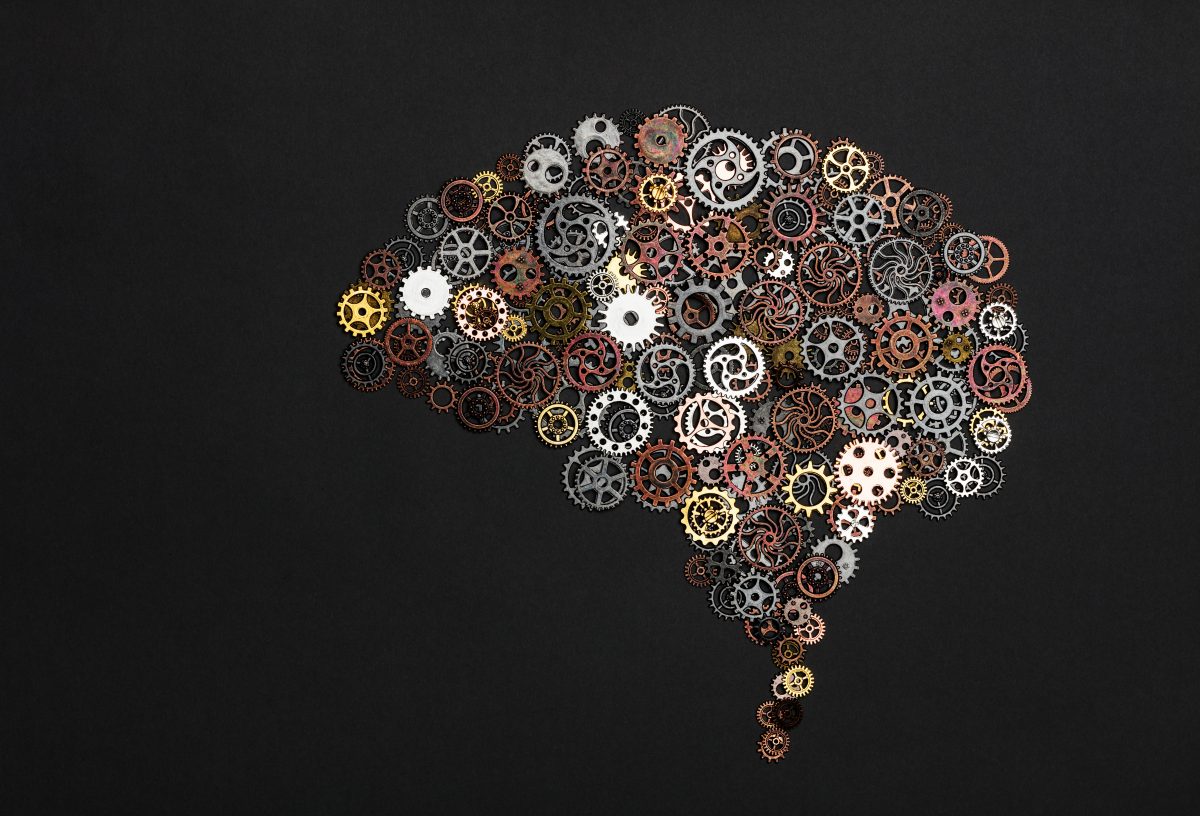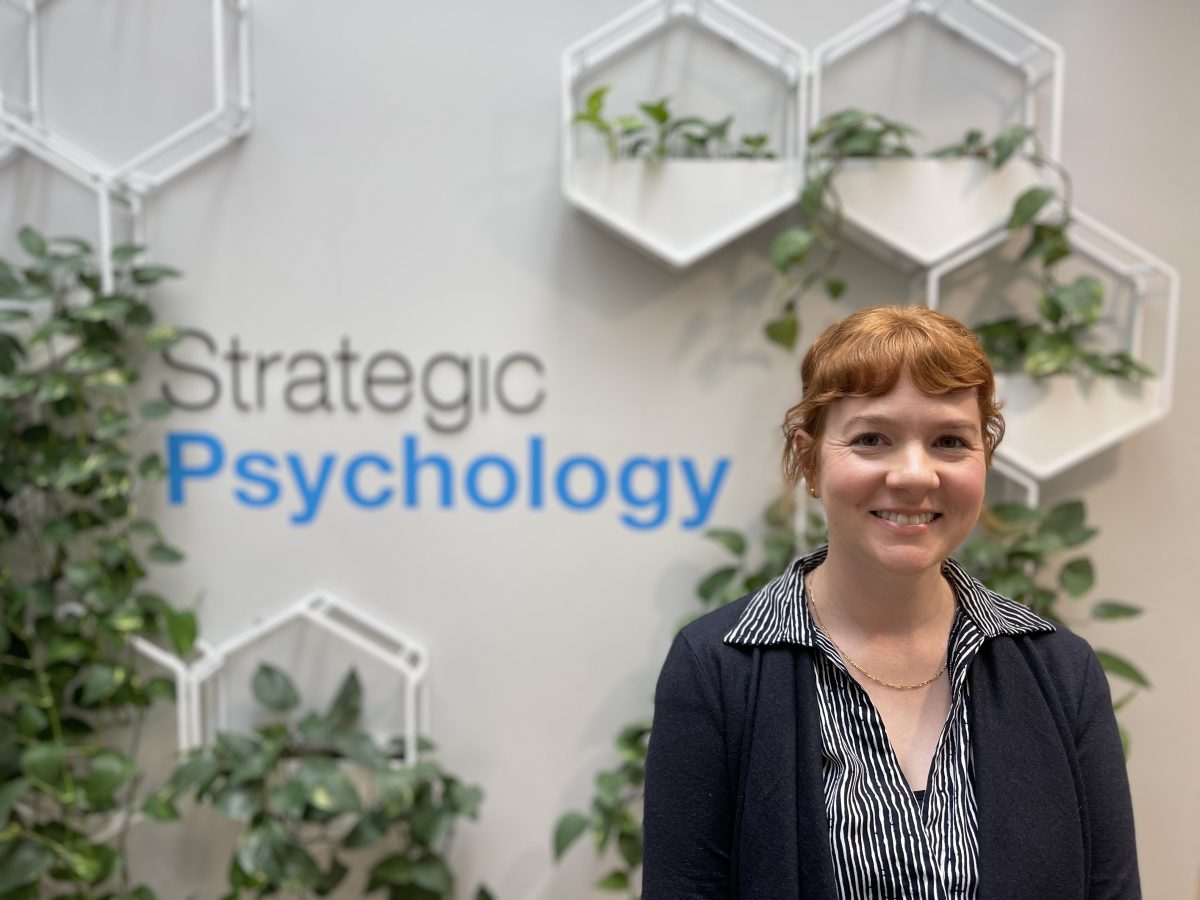
Some of the world’s most successful people have had the most prevalent neurodevelopmental disorder in Australia. Photo: Envato.
What do Bill Gates, Walt Disney and Richard Branson have in common?
They all reached successful visionary status despite having Attention Deficit Hyperactivity Disorder or ADHD.
The acronym tends to conjure images of hyperactive children, but this is among a number of the disorder’s myths that need busting according to Strategic Psychology’s senior registered psychologist Victoria Burrows.
“For a long time it was thought of as something relegated to little boys running riot in the classroom and throwing chairs,” she says.
“While there can be an element of that in some presentations, this summarises two big misconceptions around ADHD.
“The first is that it’s strictly a childhood disorder. The second is that there’s only one version of it.”

Strategic Psychology’s senior registered psychologist Victoria Burrows. Photo: Strategic Psychology.
ADHD is the most prevalent neurodevelopmental disorder in Australia, affecting one in every 20 children. About 15 per cent continue to experience symptoms in adulthood, according to ADHD Australia.
Common presentations in adulthood can include procrastination, difficulty concentrating or staying focused, forgetfulness, a tendency to lose things and trouble organising tasks and activities.
But Ms Burrows, who predominantly works with adults, says adulthood diagnoses can take people by surprise due to the many forms they take.
“Presentation in adults can even directly contradict people’s understanding of the disorder,” she says.
“For example, adults with ADHD can be extremely organised people because they have had to adapt to their symptoms. Along the way they have discovered and implemented tools and various coping mechanisms and can, in fact, develop an almost hyper-vigilance around this.”
Therein lie the superpowers sometimes hidden inside this neurodivergence – the weaknesses in a person with ADHD can manifest as their greatest strengths.
“People with ADHD are often highly creative, spontaneous and engaging,” Ms Burrows says.
“I’ve noticed people with ADHD are quite empathetic and good at thinking of others and seeing alternatives to situations that others might not see.
“Because of the struggles they’ve had to overcome, they have a real willingness to keep trying, so their perseverance really stands outs.
“They have high levels of accountability, passion, motivation, energy and can sometimes be hyper focused.
“These are some of the things people say are good about this type of neurodivergence, even though they’re sometimes also the things that are really hard about it.”

People with ADHD are often highly creative and can reach great success, especially with the appropriate diagnosis, support and treatment. Photo: Envato.
The past and present is peppered with examples of highly successful individuals with ADHD such as Alan Mulally (Ford, Boeing), Ingvar Kamprad (IKEA), John T. Chambers (Cisco Systems) and actor Jim Carrey.
But Ms Burrows says as important as it is to understand people with ADHD can “most certainly be very successful, academic and intelligent” individuals, it is equally important to acknowledge the challenges they face.
“We can highlight that an ADHD diagnosis doesn’t necessarily dictate what a person can achieve in life, without diminishing their struggles,” she says.
“It can be a debilitating for people without the appropriate diagnosis, support and treatment. Without those things, it can be difficult to manage day-to-day tasks.
“At the same time with the right support, understanding and some kind of self-compassion, we see people with ADHD aren’t broken people. Their ADHD is not something that needs to be ‘fixed’ or ‘cured’.”
Ms Burrows, among the clinicians delivering early screening services at Strategic Psychology, says an increasing number of clients want to explore a possible ADHD diagnosis, which she attributes to increased awareness.
Despite this, she says the stigma is far from broken.
“I think for a lot of these people, confidence and self-esteem has been really eroded, particularly if it’s a late diagnosis,” she says.
“People often worry they won’t be taken seriously, that their experience will be disregarded or chalked down to a lack of self-discipline. Sometimes they fear people will think they’re just lazy and looking to be let off the hook.
“In reality, their brains have developed differently. People with ADHD need to know they might just need to do things differently and that’s ok.”
Visit the Strategic Psychology website for more information.





















